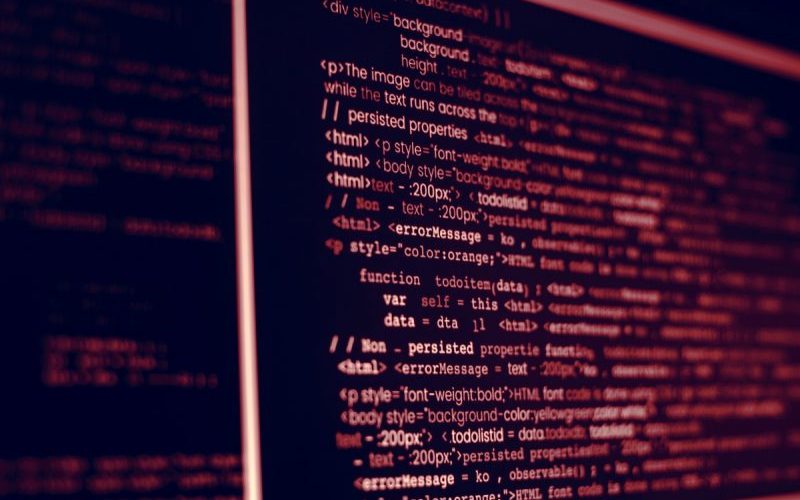Leaders in the accounting profession are adamant that accounting is both art and science. However, it is undeniable that accounting follows many rules and principles that machines can easily replicate. Hence, the obsolescence of accountants and CPAs is a growing concern among accounting circles.
Accountants also face new challenges in accounting for new technologies. These changes are also evident in the application of existing tax laws to earnings that have no distinct legislations for yet.
Furthermore, a great case study would be cryptocurrencies. For example, the IRS has to frequently release clarifications on the application of tax cases to virtual monies. One release was explained in this article written by Paul Bonner last October 10, 2019.
IRS clarifies the tax treatment of cryptocurrency ‘hard forks’ and ‘airdrops’
A “hard fork” of a cryptocurrency owned by a taxpayer does not result in gross income for a taxpayer if the taxpayer receives no units of the new cryptocurrency, but taxpayers receiving an “airdrop” of units of a new cryptocurrency after a hard fork have ordinary gross income from the airdrop, the IRS ruled in Rev. Rul. 2019-24, issued Wednesday. The IRS also updated its Virtual Currency Transactions frequently asked questions on its website to reflect the ruling.
Rev. Rul. 2019-24 supplements basic guidance on the tax treatment of virtual currency that the Service issued in 2014 (Notice 2014-21).Taxpayers and practitioners, the latter including the AICPA, have been pressing for more guidance on the tax treatment of virtual currency and its many new and evolving types of transactions. Click here to learn more…
Accountants in government positions are likewise affected by changes in the financial environment. The application of the internet to government services, for example, has made data security a trickier business. This article, written by Sally P. Schreiber, J.D. on the Journal of Accountancy, explains these challenges.
TIGTA outlines IRS challenges for 2020
Security of taxpayer data and protection of IRS resources is the number 1 challenge facing the IRS in 2020, according to the Treasury Inspector General for Tax Administration (TIGTA). In a memorandum to Treasury Secretary Steven Mnuchin dated October 15, TIGTA reported on the 10 “most serious management and performance challenges” facing the IRS for fiscal year 2020. Other challenges include implementing tax law changes and modernizing IRS operations. Click here to learn more…
Unfortunately, no level of complaining will stop the inevitable advancement of the financial world. So the best thing accountants like us can do is prepare for it, and find ways to work with new innovations instead of against them.
This article by Ken Tysiac in the Journal of Accountancy talks about ways accountants and CPAs alike can prepare for the future:
How CPAs can prepare for accelerating tech changes
The rise of increasingly intelligent systems, driven by powerful data network effects, poses a threat to certain tasks and roles that have been historically performed by accountants, but this moment also provides new opportunities, according to Jeffrey Rogers.
Rogers, an educator and principal facilitator at Singularity University, spoke Sunday at the AICPA fall Council meeting in Seattle about how CPAs can prepare themselves to succeed in the profession in an environment of accelerating change. Click here to learn more…
There are more than 1.4 million active accountants in the US, according to the Bureau of Labor Statistics. Unless we find ways to reinvent ourselves, a large number of us may lose our jobs due to innovation and automation. Luckily, there are ways for us to prepare as early as now before that even happens.


